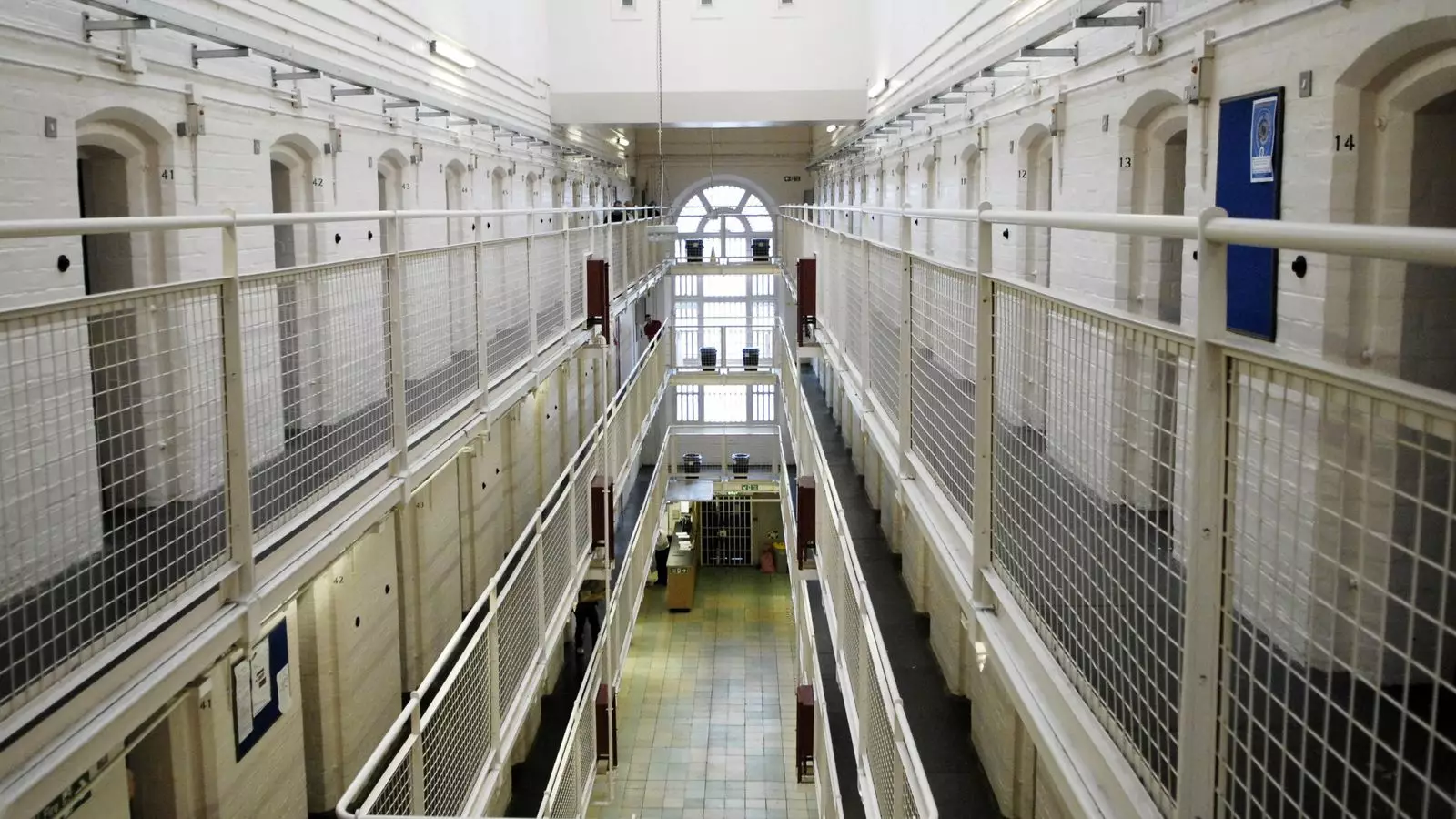The landscape of the criminal justice system in England and Wales has undergone troubling changes over the past few decades, as successive governments have pursued increasingly punitive policies in an attempt to appear “tough on crime.” Recent findings from the Independent Sentencing Review indicate that these efforts have unintentionally exacerbated the prison overcrowding crisis, rendering a once-functioning system overwhelmed and strained. The report, spearheaded by former lord chancellor David Gauke, highlights a stark disconnect between policy decisions and their consequences, urging a critical reevaluation of how society addresses crime and punishment.
Despite a notable decline in crime rates since the mid-1990s, policymakers have reacted with a series of “knee-jerk” responses characterized by an inclination to impose longer sentences. This trend has not only failed to deliver meaningful justice for victims but has also created a cycle that perpetuates the underlying issues within the system. The review reveals that England and Wales boast one of the highest rates of incarceration in Western Europe, a situation largely attributed to a staggering increase in the number of offenders recalled to prison. This figure has escalated from fewer than 100 individuals in 1993 to nearly 13,000 by December 2024, underscoring the growing strain on an already burdened penal system.
Last September, the government found itself in a precarious situation, characterized by the release of thousands of inmates as a makeshift solution to the rampant overcrowding crisis. This decision, which involved temporarily adjusting the proportion of a sentence served in prison from 50% to 40%, highlights the desperate measures that authorities have resorted to due to poor planning and inadequate resources. Prime Minister Sir Keir Starmer attributed this predicament to the accumulation of haphazard policy decisions made over decades.
Gauke’s remarks shed light on the core issues plaguing the current system. He emphasizes the importance of moving beyond a simplistic notion of punishment to consider broader implications for justice. The pursuit of longer sentences often driven by sensational media coverage and high-profile cases has resulted in inconsistencies within the sentencing framework, fostering a sense of injustice among victims who see their grievances inadequately addressed by the system.
The Independent Sentencing Review was initiated with a critical focus on alleviating prison overcrowding through exploring non-custodial punishments and smarter sentencing policies. Gauke asserts that society must engage in an honest dialogue about the types of offenses deserving of incarceration and the appropriate duration of sentences. He insists that while punishment serves a crucial role within the justice system, it must not eclipse other essential objectives, such as rehabilitation and reducing reoffending rates.
The findings of the review resonate with the philosophy championed by organizations like the Howard League for Penal Reform, which asserts that the present crisis transcends mere prison capacity issues. Campaigns director Andrew Neilson aptly describes the current state of prisons as “breeding grounds for crime,” highlighting how overcrowded and unsafe conditions not only fail to deter criminal behavior but may actually exacerbate it. Furthermore, underfunded probation services struggle to manage the rehabilitation of offenders in the community, leading to a cycle of reoffending that undermines the potential for reintegration.
Charting a Path Forward: A Collective Responsibility
As the review prepares to unveil its recommendations in the spring, there exists a palpable sense of urgency to implement reforms that prioritize a more holistic understanding of justice. Policymakers must commit to a paradigm shift, recognizing that addressing crime effectively requires a collaborative effort that extends beyond punitive measures. This comprehensive approach should include investing in community resources, expanding mental health and addiction services, and fostering a stronger focus on rehabilitation to disrupt the cycle of crime.
The crisis within the criminal justice system necessitates an intentional reassessment of current practices. The need for immediate reform is not simply a matter of political will; it is a pressing collective responsibility that demands action. The Independent Sentencing Review offers a pivotal opportunity for stakeholders to reshape the future of justice in Britain—one that meaningfully addresses the needs of victims, offenders, and society as a whole.

